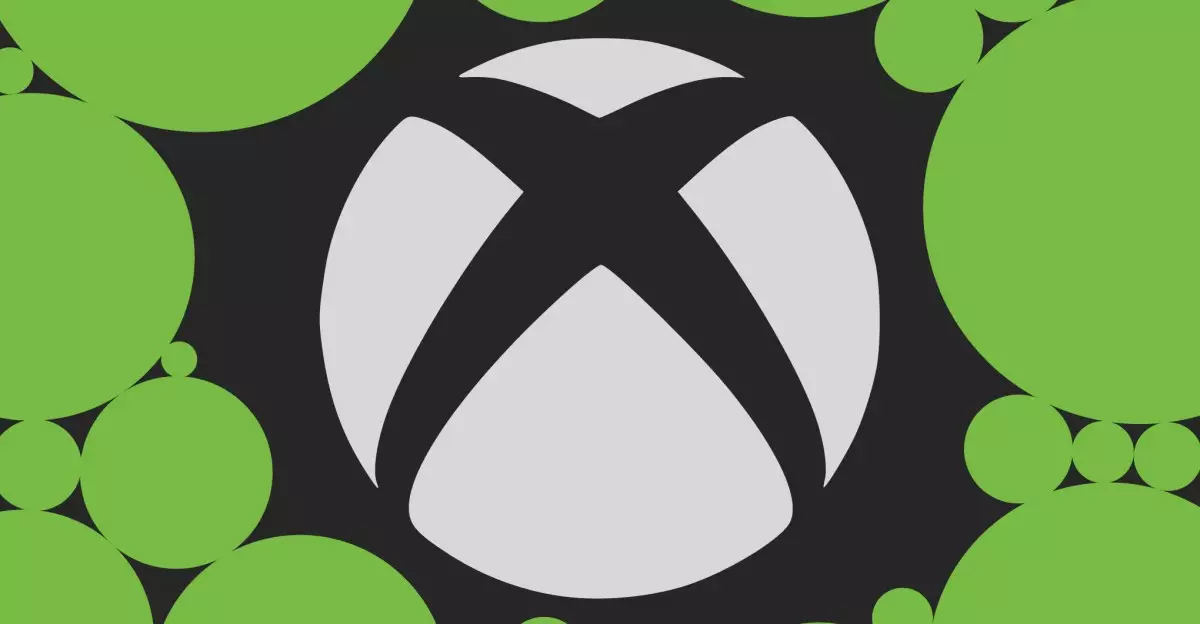Microsoft’s recent announcement regarding the price hikes for its Xbox hardware and first-party video games has stirred debate across the gaming community. With new titles moving from $69.99 to $79.99 and substantial increases for consoles and accessories, some gamers feel apprehensive about their investments. This shift not only aligns Xbox with competitors like Nintendo but also raises questions about the long-term impact on the gaming ecosystem and consumer behavior. While the vibrant gaming landscape has its ebbs and flows, such financial adjustments could redefine participant loyalty to a brand infamous for its customer-centric approach.
Hardware Price Adjustments: A Bold Move or a Necessary Evil?
Starting today, the price of the Xbox Series consoles has seen a significant jump— the Series S (512GB) now retails at $379.99, marking an $80 increase. Similarly, the Series X (1TB) jumps to $599.99—a $100 elevation from its previous price tag. The decision to elevate hardware prices worldwide, including substantial sums in European markets, signifies a bold strategy from Microsoft. It reflects broader market trends, where rising production costs and inflationary pressures make previous price points unsustainable.
However, such price hikes risk alienating casual gamers who may already feel financially burdened. While seasoned gamers are often willing to invest in premium equipment, newcomers or those on tighter budgets may feel discouraged. This approach appears risky, especially given the competitive landscape where affordability can heavily sway purchasing decisions.
Accessories Aligning with Premium Expectations
The increase in pricing is not limited to consoles; first-party accessories like controllers and headsets have also seen their prices rise. The new Xbox wireless controller at $64.99 and the wireless headset at $119.99 are being positioned to match the quality and expectations of a premium gaming experience. This strategy aligns well with the perceived value of the brand but invites scrutiny regarding the necessity of such increases.
Does an elevated price tag inherently mean superior quality? Gamers might start to question if the increase is reflective of genuine enhancements or merely a cash grab. When comparing competitors, Microsoft may argue that its premium pricing reflects a commitment to quality and cutting-edge technology; however, gamers are naturally skeptical, especially if the increases are not met with proportional enhancements in device capabilities.
The Game Pass Paradox
Interestingly, Microsoft has announced that its Xbox Game Pass pricing will remain unchanged despite the increase in game prices. The subscription service, which is known for providing access to a plethora of games at a monthly rate, remains a lifeline for gamers. This decision seems to have been made strategically, presuming that easing the financial burden for dedicated players could help mitigate backlash over hardware and game prices.
While Game Pass has become an essential part of Microsoft’s ecosystem, will it continue to cushion the blow of the pricing surge? It suggests a long-term vision where Microsoft prioritizes service over outright sales. However, the lingering question is whether such strategies can maintain consumer loyalty amidst rising costs elsewhere.
Market Strategy or a Response to Competition?
Microsoft’s decision could be seen as a response to Sony’s recent price hikes for their PS5 consoles or simply an adaptive strategy to evolving consumer markets. As gaming continues to grow in complexity and sophistication, publishers face the ongoing challenge of anticipating consumer behavior while remaining profit-driven.
It’s evident that Microsoft doesn’t want to be left behind as it vies for the title of the leading gaming platform. Still, with financial accessibility becoming an increasingly pivotal issue, there is an uneasy tension in balancing profitability with accessibility.
The current pricing strategy for Xbox raises vital questions about the future direction of gaming in a landscape marked by fierce competition and evolving consumer preferences. Decisions made today hold significant weight, as gamers navigate their loyalties amid escalating costs, ultimately shaping the destiny of the Xbox brand within the vast gaming cosmos.

